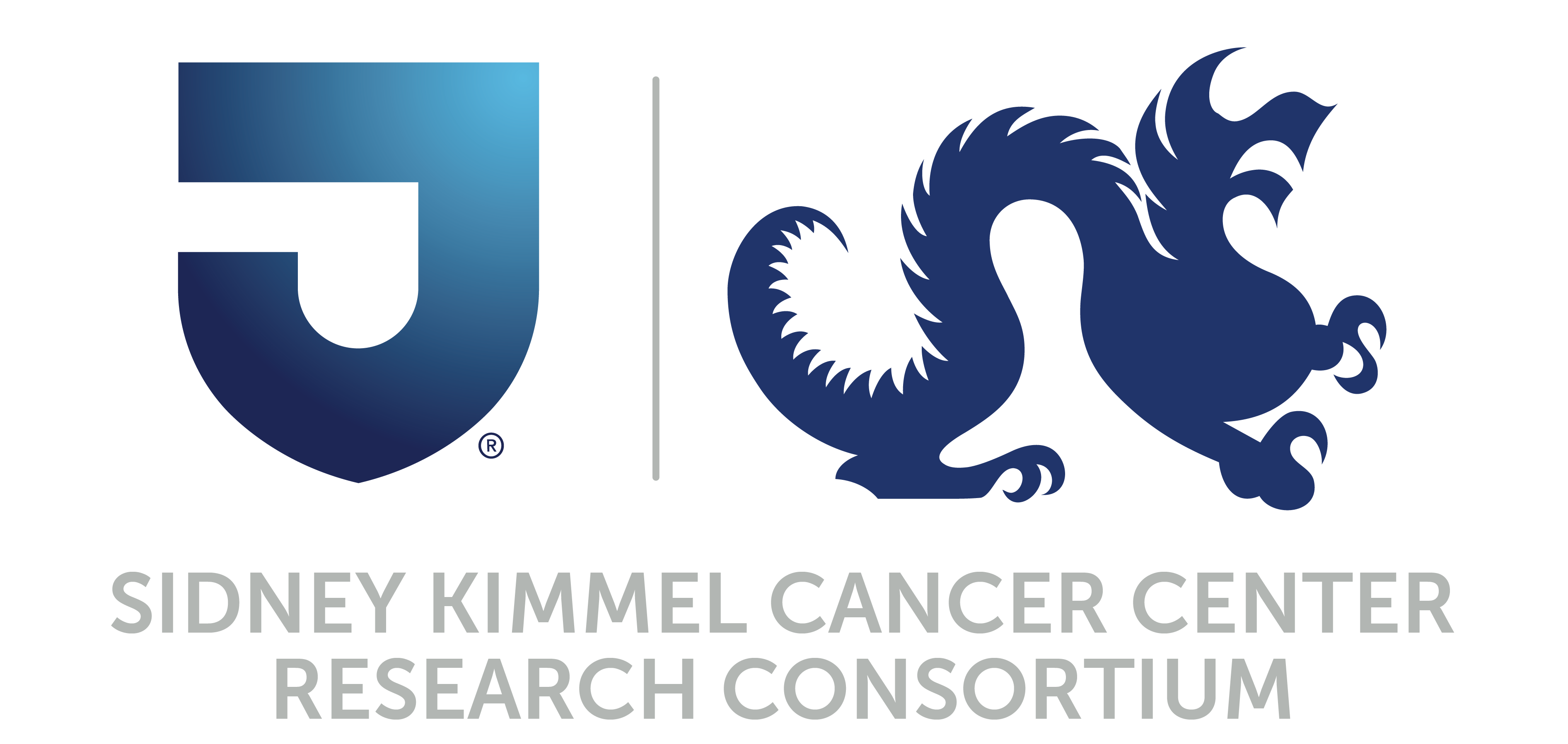
DNA-PK as an Emerging Target in Prostate Cancer

Karen E. Knudsen, PhD, chair and Hilary Koprowski Professor, Department of Cancer Biology, professor of cancer biology, urology, medical oncology, and radiation oncology, and enterprise director, Sidney Kimmel Cancer Center, Thomas Jefferson University Hospital, discusses DNA-dependent protein kinase (DNA-PK) as an emerging target in prostate cancer.
Karen E. Knudsen, PhD, chair and Hilary Koprowski Professor, Department of Cancer Biology, professor of cancer biology, urology, medical oncology, and radiation oncology, and enterprise director, Sidney Kimmel Cancer Center, Thomas Jefferson University Hospital, discusses DNA-dependent protein kinase (DNA-PK) as an emerging target in prostate cancer.
Hormonal activity stimulates prostate cancer growth and progression, explains Knudsen. Additionally, hormones are key modulators of DNA repair.
Regarding genetic testing, mutations in DNA repair pathway genes appear to significantly increase the risk of prostate cancer for men, says Knudsen.
The interaction between these concepts could provide insight on actionable genetic targets in prostate cancer that may also predict disease aggressiveness, explains Knudsen.
Preclinical data suggests that DNA-PK could be predictive of which patients are likely to develop metastatic disease with indolent versus aggressive features, concludes Knudsen.






































